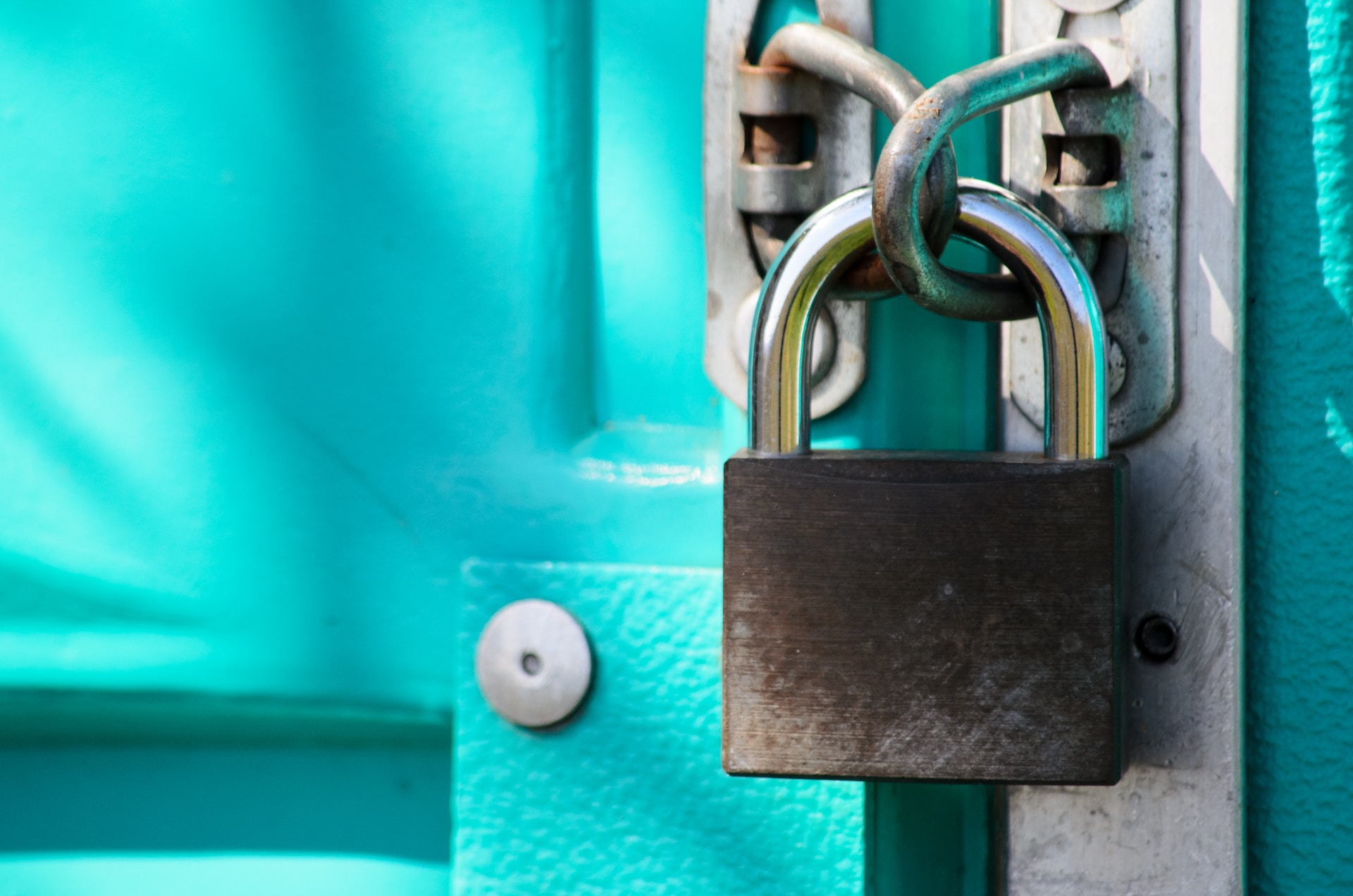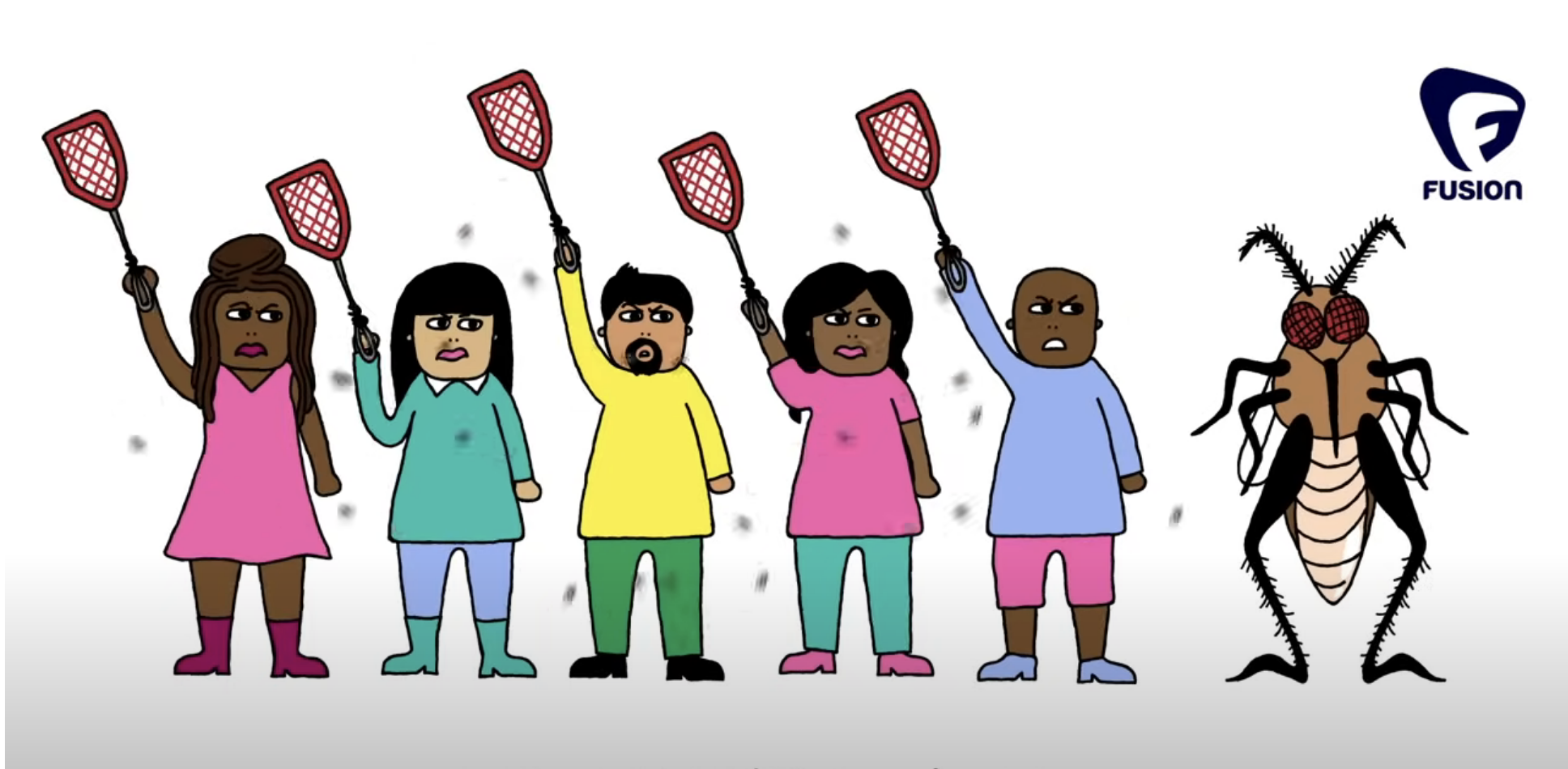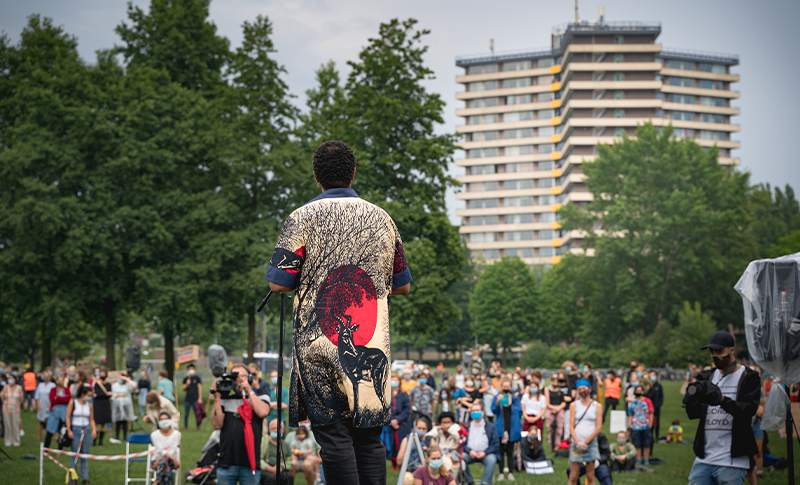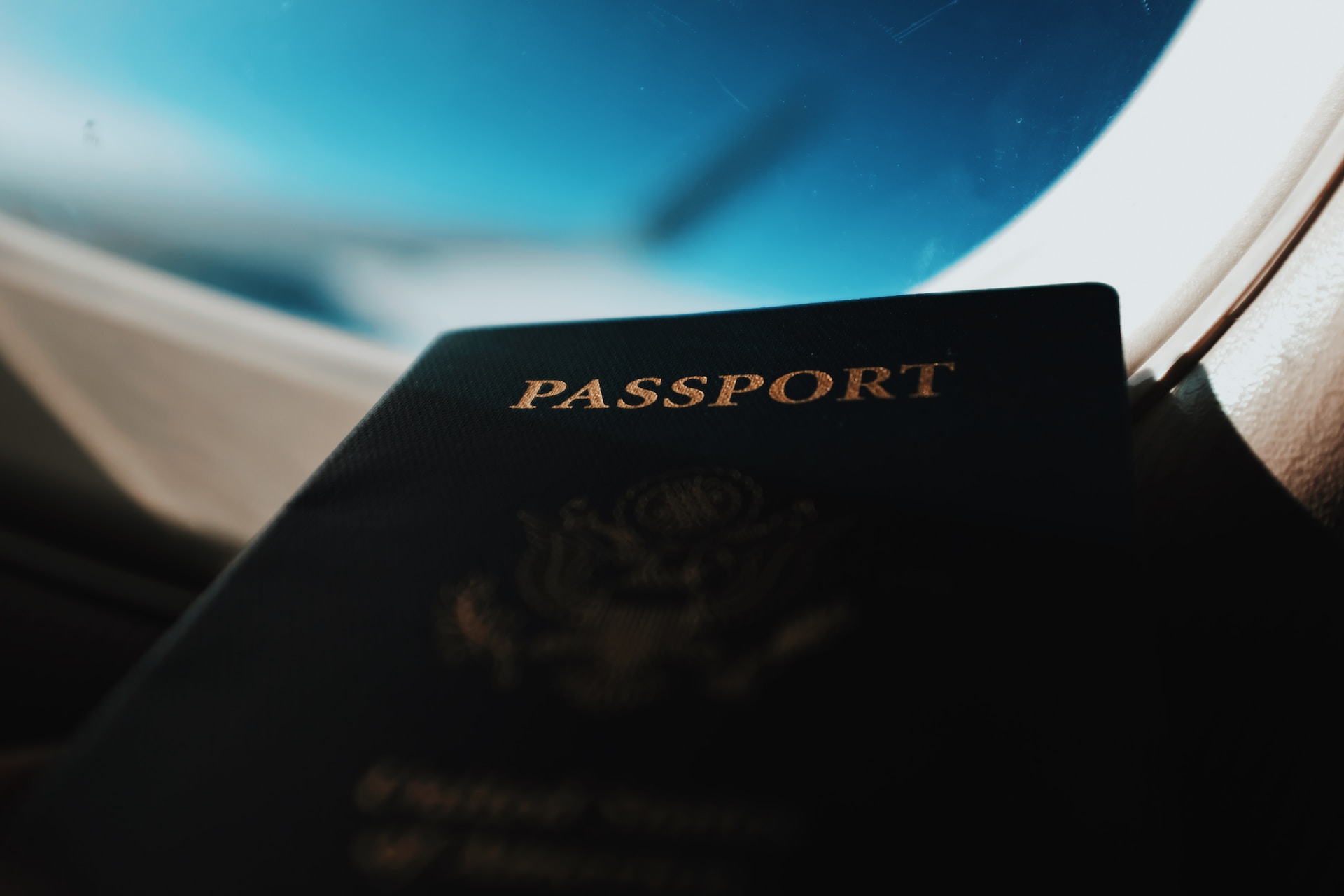Science journalist Saar Slegers investigates the dilemmas related to knowledge security in higher education in the five-part Argos documentary podcast Friend or Foe (Vriend of Vijand, HUMAN/VPRO). She also discusses the new screening of international researchers that is to be implemented in 2025 to prevent sensitive knowledge from ending up in the wrong hands.
Intelligence services have warned about espionage at universities for some time now. And politicians also voice concerns over international partnerships. Slegers interviewed researchers from Iran, China and Russia, as well as security service employees, members of the House of Representatives and Education Minister Robbert Dijkgraaf. The KNAW, which voices grave concerns about the new screening, was also interviewed.
What motivated you to make a podcast about knowledge security?
Slegers: ‘I made the The Man and the Moon podcast previously, which focuses on scientific collaboration with China. China intends to spearhead space travel. I followed a Dutch scientist who wanted to deploy antennas on the moon’s dark side to gather information on what came directly after the big bang. His measuring equipment was to be transported by a Chinese rocket. There were many hurdles along the way, with the question of whether China was a trustworthy partner looming in the background. In recent years our perception of the country has changed rapidly. From an emerging superpower investing in international collaboration to a country which merits a degree of wariness. That development represents a larger issue: foreign scientists are increasingly distrusted and feel less welcome.’
‘Researchers fear a new cold-war era in which we think in terms of friend or foe.’
What knowledge is the Netherlands eager to protect?
‘Initially, the focus was on technologies that could be applied in the development of high-tech weapons systems. In the seventies, there was a severe issue when a Pakistani metal scientist (also known as ‘TU Delft’s Dr Strangelove’) gathered secret intelligence about nuclear installations in the Netherlands, which he then proceeded to apply towards developing a nuclear weapon in Pakistan. But applications for microturbines that can be attached to rockets are also ‘sensitive’. Lately, the focus lies increasingly on safeguarding those knowledge domains that have economic value. Chip technology, for example, and artificial intelligence and biotechnology, where we aim to keep our leading role in the international market. Technical universities, in particular, have many sensitive domains. At the TU Delft, half of its departments are considered sensitive, while some thirty per cent of the researchers come from countries outside of the European Union. At other universities, this number is generally in excess of 20 per cent.’
Dijkgraaf is to introduce a new screening framework in 2025 to protect the Netherlands’ high-value technological knowledge. Is this good news?
‘That remains to be seen. All scientists from outside of the EU will be screened in the future if they want to work within sensitive domains. It seems rather impracticable and opens the door to discrimination. Researchers in the field of rocket technology are already required to complete a form with 63 questions as a screening tool. They are asked to list the names of everyone they are still acquainted with from their home university and to describe when and if others have shown an unusual interest in their research. All this information is included in the security services’ evaluation.’
But won’t the researchers themselves also realise that our security is in peril?
‘You could say that they shouldn’t take it personally. But for the researchers in question, seeing the university from which they graduated being blacklisted makes it personal. And what if their country of origin persecutes them? That puts them on the spot. Dijkgraaf wants a tailored approach, but how? Exclusion is imminent: there are already departments that prefer to exclude Chine or Iranian researchers to avoid issues.’
Is it possible to protect sensitive knowledge without discriminating against or excluding scientists?
‘That is precisely the dilemma because the top talent in technical domains often comes from outside of the EU. Science organisation KNAW cautions us to be careful not to become too wary. We benefit most from an open collaboration in as many domains as possible. At Twente University, researchers fear considerable delays if talented foreign scientists prefer to go to Germany.’
The screenings are not entirely new.
‘It is true that this debate has been going on for some time. In 2009, Iranian students and scientists won a court case. The judge ruled that they could not be excluded from programmes teaching about nuclear technology. The researchers with whom I have spoken fear a new cold war-like situation, in which we think in terms of friend or foe. And situations may not be what they appear. For example, I spoke with an Iranian researcher who was being recruited by the Iranian secret service but refused to cooperate. He was incarcerated for six years and distrusts Iranians abroad. Once you start excluding categorically, how much room remains for individuals to prove they can be trusted?’

 How do you protect knowledge in a place that is designed for sharing knowledge? Photo KaffeeBart/Unsplash
How do you protect knowledge in a place that is designed for sharing knowledge? Photo KaffeeBart/Unsplash 

